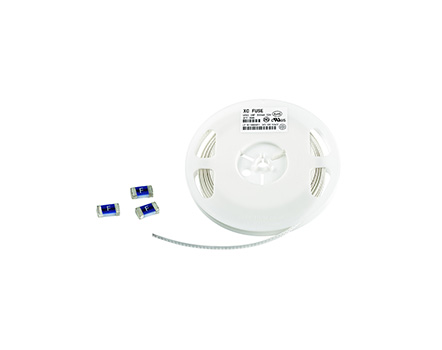
First, you need to understand the working principle of silk preservation. After being powered on, the heat converted from electrical energy causes the temperature of the soluble substance to rise. normal
When the working current or the allowable current passes through me. The heat generated is related to the radiation, convection, and conduction of the melt and shell through the surrounding environment
Gradually balance the heat generated and dissipated. When working abnormally, the heat generated is greater than the heat dissipated, and the excess heat will
Gradually gathering on the melt, when the temperature reaches or exceeds the melting point of the melt, it will cause the melt to melt, cut off the current, and
The function of the safety protection circuit.
To purchase alkali resistant silk, it is necessary to understand some parameters of alkali resistant silk:
1. Constant current - In: The rated current of a fuse is the maximum current value that a circuit can operate. Choosing the rated current value of a fuse requires consideration
Concern
The working current of the circuit, such as Ir=1.5A
The rated current of UL specification Shenzhen fuse is n=r/Of=1.5/0.75=2A, so 2A fuse 2 is selected.
IEC specifications do not require a reduction rate for wire protection, i.e. r=n. If a special rated current is not universal, the nearest one should be selected
Higher value.
2. Rated voltage - Un: The rated voltage of a fuse is the maximum voltage that the fuse can withstand before it is disconnected. When the fuse is energized, it is supported at both ends
The voltage received is much lower than its rated voltage. For example, a 250V fuse can be used in a 125V circuit. For low voltage electrons
Yes, an AC rated fuse can be used in DC circuits.
Do not expect the current value of a fuse to blow as the rated current value
Read recommendations: